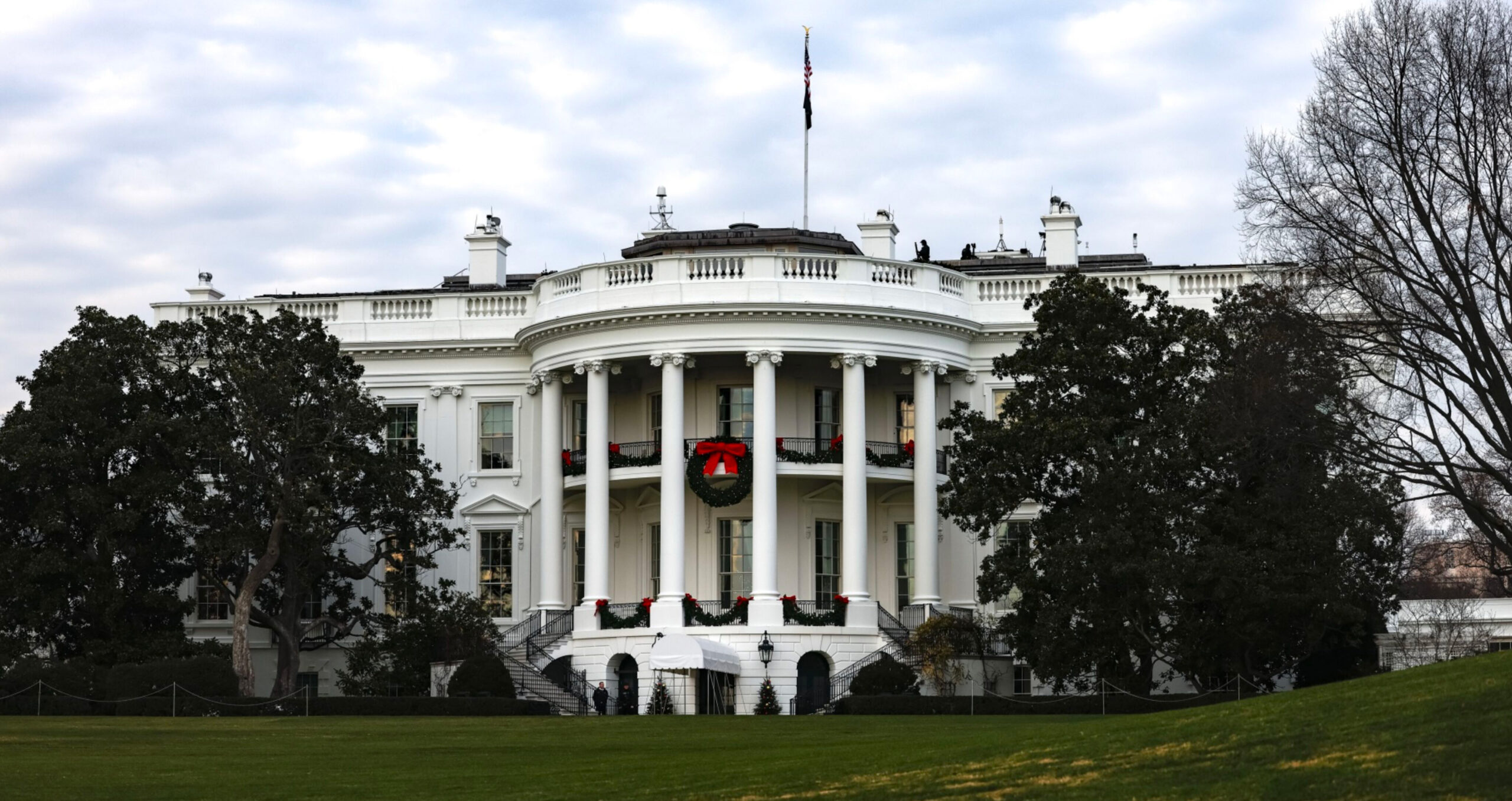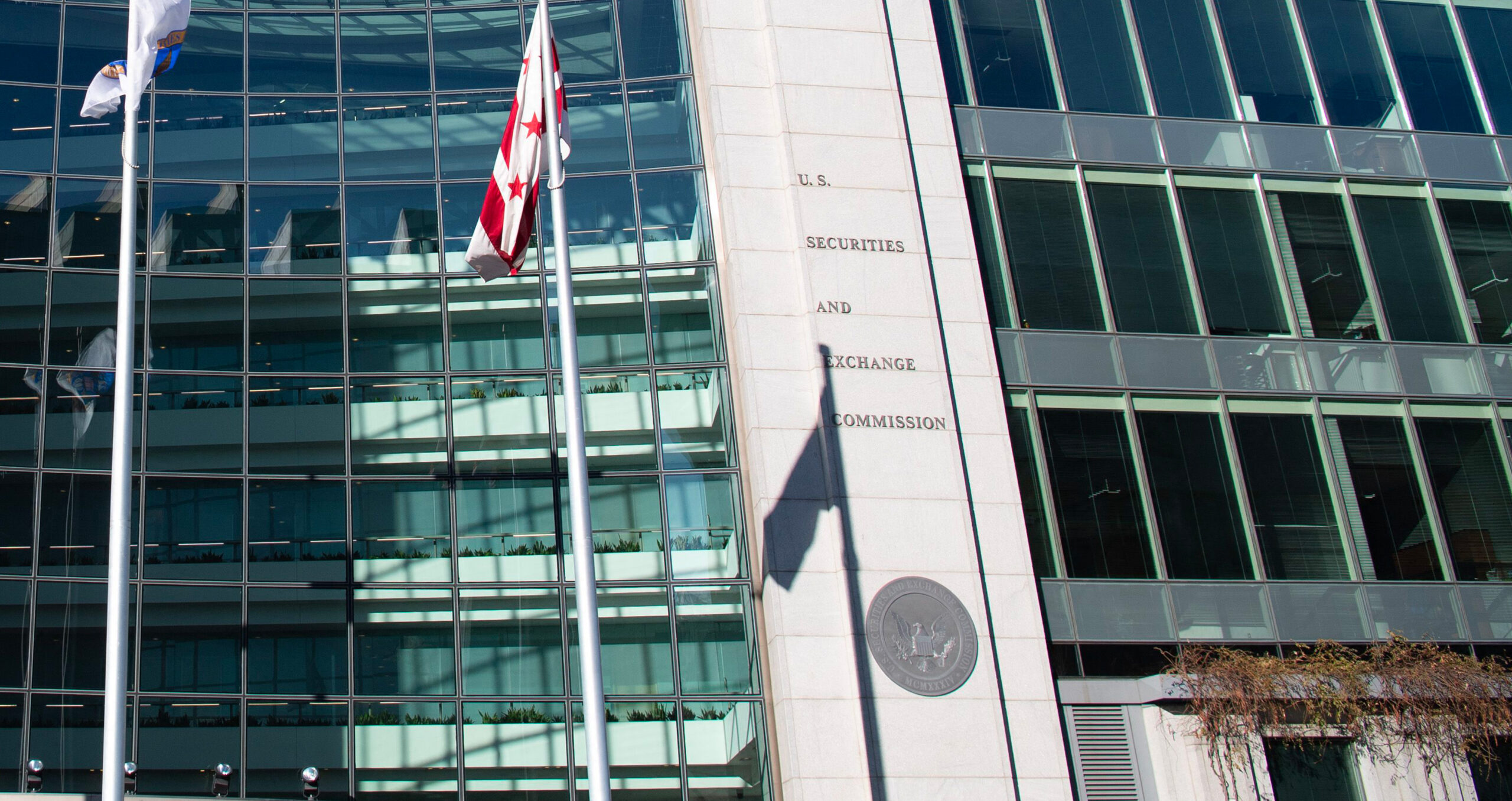
SEC’s delayed climate disclosure rule at risk ahead of US election

Pressure is on to get planned – and delayed – US disclosure rules agreed in early 2024 or, supporters fear, the re-election of Donald Trump could derail them
The upcoming US general election could decide the fate of the Securities and Exchange Commission’s long-anticipated regulations on corporate climate disclosure.
In March 2022, the SEC proposed a new rule that would require public companies to disclose information on their climate-related risks and greenhouse gas emissions. But the commission has taken so long to finalise the pending rule that an unforgiving calendar and potential lawsuits could derail it. At the end of 2023 the SEC submitted an updated agenda to the White House, indicating a final release date of around April 2024.
Most large companies are already voluntarily tracking and reporting sustainability data. Ninety-two per cent of Fortune 500 companies today file some type of climate disclosure information, according to Steven M. Rothstein, managing director, Accelerator for Sustainable Capital Markets, at the non-profit organisation Ceres.
“In the last almost two years, there has been a broad arc towards mandatory climate disclosure because investors and the public understand climate risks are growing,” says Rothstein. The SEC’s pending rule would mandate climate disclosures in the US that are already required in the UK and the EU.
Following California
So much time has elapsed since the SEC first released its proposal that states are starting to step into the void. In October 2023, California governor Gavin Newsom signed legislation requiring companies to disclose their greenhouse gas emissions (SB 253) and climate-related financial risks (SB 261).
Senate bill 253 requires public and private companies with annual revenues of at least $1bn operating in California to disclose their direct Scope 1, indirect Scope 2 emissions, and Scope 3 supply chain emissions, with the first requirements starting in 2026. Similar legislation has been introduced in New York, Washington state, and Illinois.
Experts say adoption of climate disclosure in California bolsters the economic and legal case for the SEC’s pending rule.
The California bills “will help in resetting the baseline that the economic analysis is conducted against,” according to Kristina Wyatt, deputy general counsel and chief sustainability officer at carbon accounting company Persefoni.
“If you think about the additional incremental burden that would be imposed by the SEC rule, all of a sudden that additional incremental burden is much less because all these companies are already going to be reporting to California,” says Wyatt, who is also former senior counsel for climate and ESG at the SEC, where she led the team drafting the climate disclosure proposal.
Indeed, an analysis released by campaign groups Public Citizen, Americans for Financial Reform, and the Sierra Club shortly after Newsom signed SBs 253 and 261 found that 75 per cent of public companies in the Fortune 1000 are likely covered by the new California climate disclosure laws, and that “the marginal cost of complying with the overlapping requirements of the proposed SEC climate financial disclosure rule – even if it includes Scope 3 emissions – will be minimal to non-existent for many firms”.
“It just got a whole lot cheaper for companies to comply with the SEC’s rule,” says Clara Vondrich, senior policy counsel, climate programme, at Public Citizen. “As a result, the legal case for the rule becomes much stronger.”
Scope 3 provisions at risk
Experts spoken to by Sustainable Views say debate at the SEC over how or whether to require Scope 3 emissions disclosure has contributed to the delayed rollout of the final rule.
“That’s probably the issue that is being negotiated most fervently at the moment. It would not shock me if Scope 3 were excluded from the final rule, given the amount of attention it has gotten, but I don’t have any insider knowledge of that. Dropping Scope 3 would put the SEC behind California and the rest of the world,” says Persefoni’s Wyatt.
“It would not surprise us if some of the Scope 3 language is changed or some of it is indeed weakened in the final rule,” agrees Ceres’ Rothstein.
“Out of the thousands of comments that investors put in, the vast preponderance of those investors were in favour of robust Scope 3 protections,” says Public Citizen’s Vondrich. “The fact that they were on the chopping block to begin with is the result of industries’ and the Chamber of Commerce’s nonstop effort to cast doubt on the cost of this to companies that will have to comply. The idea that [the SEC] going to be beating down small farmers’ doors in the middle of the night demanding Scope 3 data is absurd.”
“When you’re looking at Scope 3, there’s an 80-20 rule. The majority of your Scope 3 footprint will come from your large suppliers that have the capabilities, capacity and resource to provide this data,” says James Parker, founding sustainability lead at emissions data platform Minimum.
According to Vondrich: “This train has left the station. If the US SEC doesn’t include [Scope 3 emissions] it will be out of lockstep with the rest of the world and truly be in a laggard position.”
Opposition to the rule
Opponents contend that the scope of the proposed rule exceeds the SEC’s investor protection remit, and adoption of its provisions – especially Scope 3 emissions disclosure – would saddle companies with exorbitant compliance costs.
“This sweeping rule exceeds the SEC’s mission, expertise and authority and, if finalised in any form, will unnecessarily harm consumers, workers, and the US economy,” Republican leaders in the US House and Senate wrote in a February 2023 letter to SEC chair Gary Gensler.
Citing “legal deficiencies” in the SEC’s proposed rule, a representative from the National Association of Manufacturers recently told Bloomberg Law that a lawsuit brought by the group is “a very real possibility, if they don’t make changes”. A coalition of Republican state attorneys general has also threatened legal action to block the final rule.
“The best thing for [Gensler] to do, as I know he is doing, is to craft a final rule that has staying power by working with his general counsel’s office, by listening to and reading the comment letters that came in, and by sticking to his knitting on investor protection rather than swaying to the political pressure that is being brought to bear,” says Persefoni’s Wyatt.
Congressional Review Act
The delayed release of the final rule has SEC-watchers looking at the calendar. Under the lookback provisions of the Congressional Review Act, a new Congress and presidential administration can nullify rules finalised within the final 60 working days of the previous Congress.
If the SEC does not adopt the final climate disclosure until the second of half of 2024, and Republicans win control of Congress and the White House in the November election, the new Congress seated in January 2025 could overturn the rule with a simple majority vote in both chambers in support of a disapproval resolution and the signature of the president.
“There is some impetus to get the rule adopted within the first quarter [of 2024] ideally, so that it’s not as vulnerable to a CRA challenge,” says Wyatt.
“The CRA looms large,” agrees Public Citizen’s Vondrich. “We’ve heard that the absolute drop-dead deadline would be well before May. If the rule were to come down in May or later, it could then be subject to a CRA.”
The SEC did not respond to a request for comment on when it plans to release the final rule.
While the political fate of the final climate disclosure rule is uncertain, Ceres’s Rothstein says investors will continue to demand information on climate-related risks. “Even if there was another administration, and they want to go a different way, investors are clear that they want this information. The SEC is not driving this. They’re responding to what the market is asking for,” he says.
Wyatt says: “It would be much better for the SEC to take the lead and to establish a federal policy related to climate disclosures. If it doesn’t, the states clearly are poised to step in and require disclosures that are consistent with what’s happening in the rest of the world.”
Similar Articles

Pressure mounts on California’s Gavin Newsom to fund climate legislation

In Brief: EU parliament rubber-stamps CSDDD; US imposes strict rules on carbon pollution from power plants


